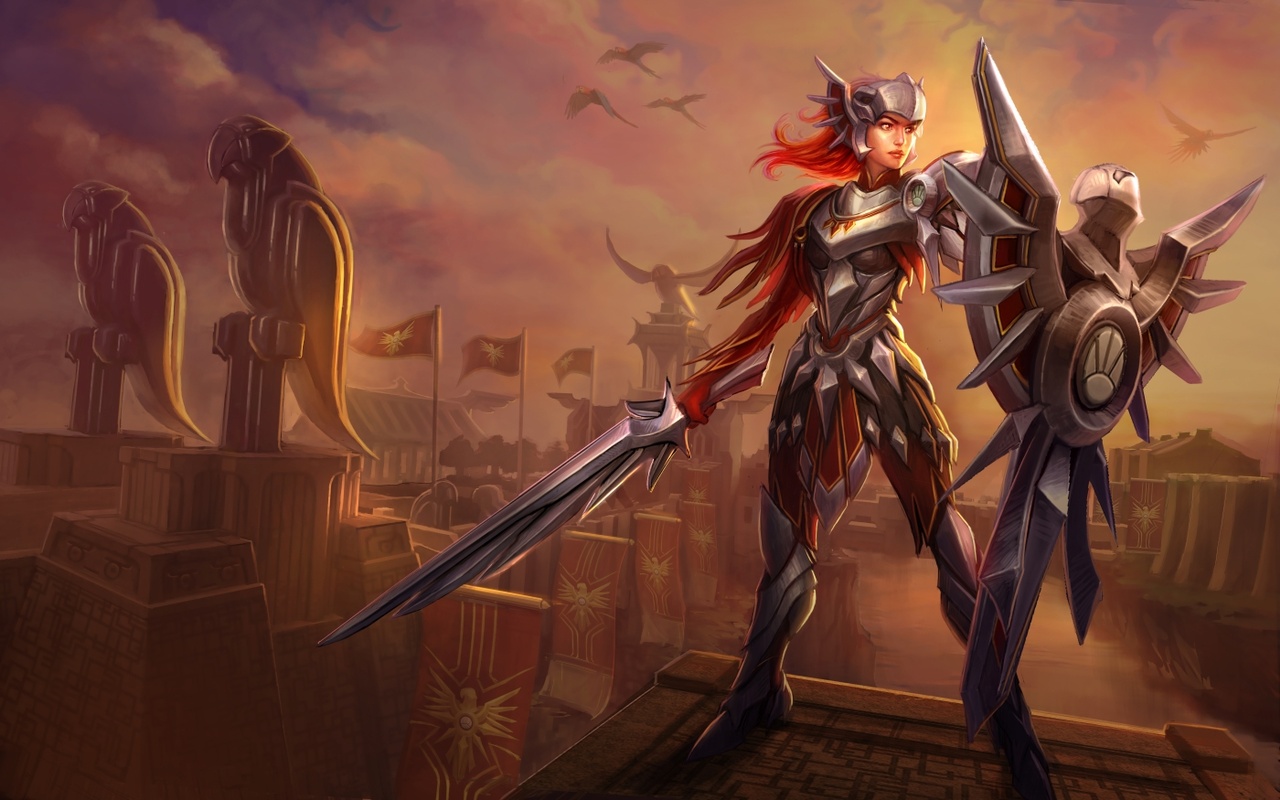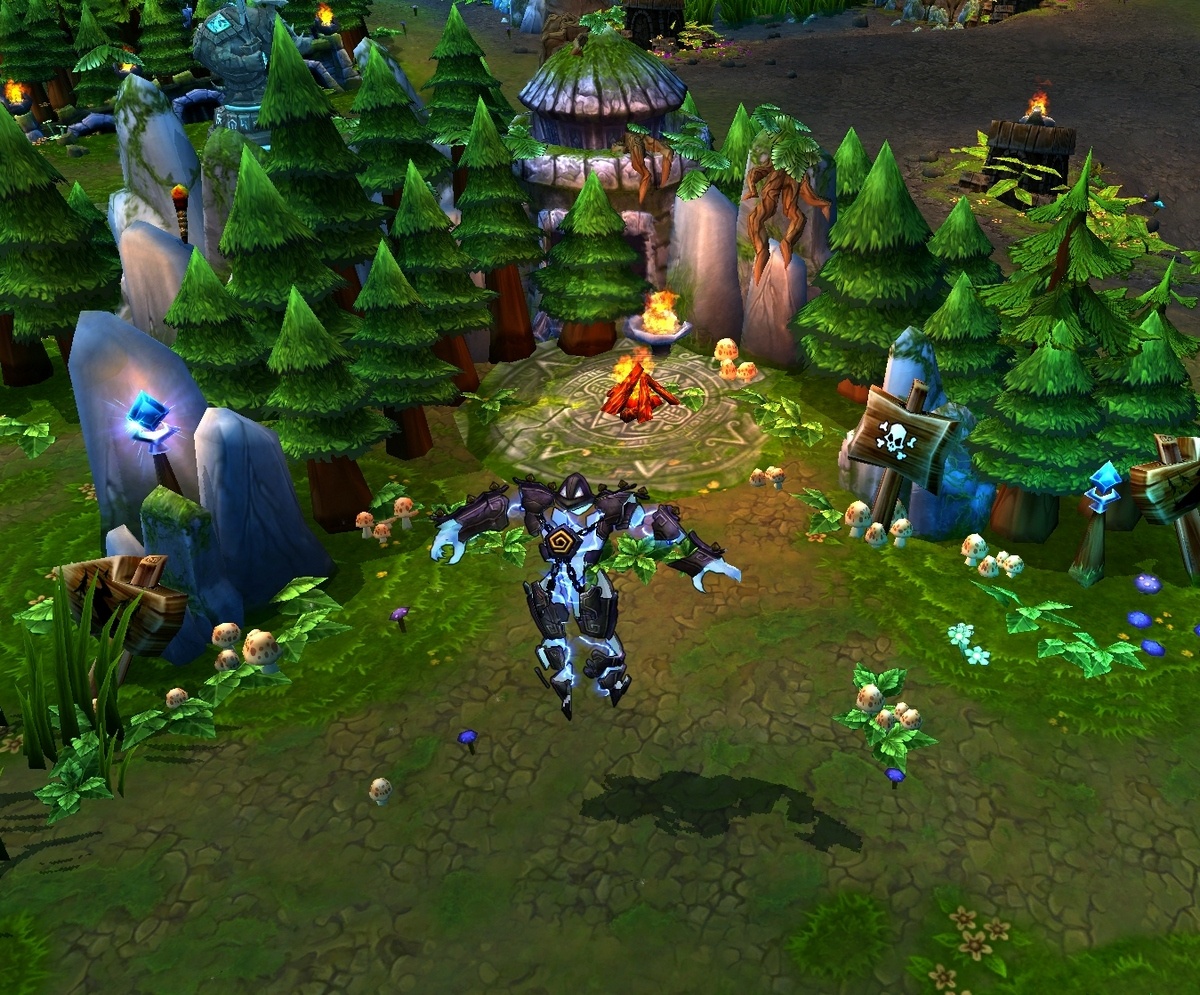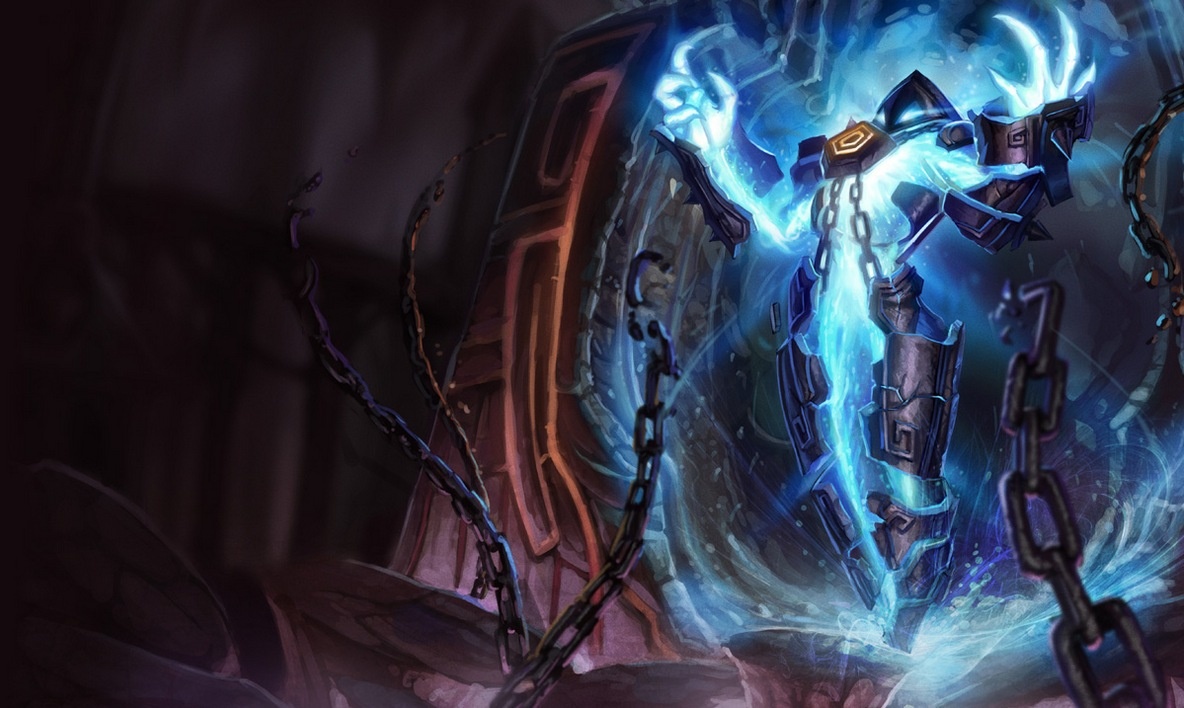The Pro Gaming School That's Teaching Players to LOL
We speak to Bosco Tan from the Gamer Institute, a new educational platform that matches up professional e-sports players with competitive gaming hopefuls.
Forget arcade tournaments, LAN nights, or Call of Duty multiplayer matches--now there's a new way for gamers to put their skills to the test.
The Australian-based Gamer Institute is the brainchild of three savvy entrepreneurial gamers--Daniel Grzelak, Semin Nurkic, and Bosco Tan--who matched their love of professional gaming with their talents for business to create a completely online-based learning centre that pairs up professional e-sports players with those looking to get some pro gaming advice.
The institute hosts online one-on-one lessons built by teams of mentors from around the world, with the aim of teaching players better tactics and strategies. Of course, it's not just for those who are looking to make a career out of pro gaming; the institute also provides for players who simply want to brag to their friends.
Currently, the institute focuses exclusively on League of Legends, but it has plans to expand to five new titles before the end of the year.
GameSpot AU spoke to co-director Bosco Tan about the ideas and philosophy behind Gamer Institute.
GameSpot AU: Can you start by telling us a little bit about yourself and your gaming background?
Bosco Tan: I first got the gaming bug when my dad borrowed an Atari Pong machine when I was growing up. Being naturally competitive, I used to spend hours in front of it trying to get better so I can beat my dad. My co-founders, Daniel Grzelak and Semin Nurkic, and I have had similar experiences with gaming. Throughout our gaming lives, we've been constantly frustrated with either being too good, or not good enough. Plenty of broken controllers, keyboards, and mice. Luckily, no broken screens yet!
Apart from loving games and being competitive about them, Daniel, Semin, and I are longtime friends. Together, we have a great mix of professional, commercial, and technical experience. My background is in years of consulting, and subsequently working on strategic projects. Daniel and Semin have many years of corporate and startup experience.
GS AU: How did the idea for Gamer Institute come about?
BT: Daniel is the originator of the Gamer Institute idea. I recall speaking about our gaming frustrations, and he suggested that there was a little economy developing where players teach other players how to play certain aspects of games in exchange for fees but that there was no structured or trusted source for gaming education. As we continued to talk this through, his "imagine if we could learn gaming from the best, like learning to play basketball from Michael Jordan" pitch sold it.
Following a range of preliminary research into the growth of gaming globally and looking at the success of similar online education models in primary education and poker, we were convinced there was an amazing opportunity. Certainly early conversations with professional gamers and those that are competition at amateur levels were great confirmation as well.
Fundamentally, we believe we can contribute to the 20 percent projected growth of the emergent competitive gaming industry over the next five years, which today is already valuated at US$1.5 billion globally. There is also a sizable audience globally who wishes to just be competitive within their social circles.
GS AU: How did you raise the funds needed to set it up?
BT: We bootstrapped the business ourselves, drawing on our personal capital as well as proceeds from the successful exit of various previous online projects.
GS AU: What is the philosophy behind the school?
BT: We want to make competitive gaming accessible for everyone; young or old, rich or poor, girl or boy, athletic or nonathletic. Unlike traditional sports, competitive gaming, or e-sports, is one of these great equalisers where almost anyone can become a world best without the need to be specifically blessed genetically, as long as those that desire it are given the right opportunities.
There is currently a narrow path that could lead to the $100-500K yearly earnings as a pro gamer. We think part of this is being able to facilitate the development process through giving gamers access to the experience of the people that are already there at the top. At the same time, however, for those that just want to play for fun, we can help them get those bragging rights so they can torture their friends with never-ending mockery.
GS AU: So how do the lessons work? Is it done purely online? Or is there a physical element as well?
BT: At the moment all of our training is completed online by necessity. Both our students and coaches are located all over the globe. The intention is to run intensive multi-day courses in physical labs once demand in a geographical area reaches the necessary volume.
All training is currently delivered via teleconference, usually Skype, and supplemented with some kind of graphical interaction depending on the student's objectives. For example, some lessons involve game replay review, others theory discussion, and yet others live gameplay with the coach. Lesson plans are provided to students as part of the booking process, and there is always an opportunity to ask questions.
Coaching rates depend on the ability and experience of the coach, as well as demand for their services. One-hour one-on-one coaching sessions range from US$15 to US$100.
GS AU: Why do you think it's important to make competitive gaming accessible to everyone?
BT: There have been multiple studies conducted which suggest competitive sports are positive for the self-esteem and mental well-being for children and young adults. Similarly, emerging research also suggests video gaming itself has positive psychological effects, which train individuals to be cooperative and cope better with failure, alongside the ego-boosting effects of epic wins.
We see e-sports as a way to bring these benefits together, particularly when everyone can participate in this sport. For instance, we're working on building relationships with disability groups to see how we can take these positive psychological experiences to those that are potentially less physically capable to participate in things like sports and other social activities.
GS AU: How did you go about selecting the coaches, and how did you get them involved?
BT: We select our GI Pros based on their reputation. The market then selects their services for one-on-one coaching based on the quality of their instructional videos and their areas of expertise. Finding avenues of communications with the best gamers was daunting at first, and continues to be challenging at times. However, we continue to build relationships and networks with competition organisers, game writers, peripheral makers, and others within the e-sports ecosystem to help us connect with these individuals.
Our process of converting interest to signed GI Pros has been quite rigorous to date. Daniel spends a lot of his time working with the prospective professional gamers prior to signing on board as we recognise the best players may not necessarily be the best teachers. Once we feel comfortable with their ability to create a good-quality instructional video, we very much let the professional gamers work. The only interjection we make from time to time is recommendations on the structure of a successful educational and training video. Following sign-off of the videos, they are placed on our website for member viewing. Members then choose to use the one-on-one coaching services from respective GI Pros based on their interest in these video lessons.
GS AU: How has business gone so far? Is it growing?
BT: It is still early days for us, but we've received a significant level of interest from the League of Legends and gaming community globally. We've already had interest from professionals from other games wanting to be part of our GI Pro faculty in expanding our game title coverage.
Some game publishers and peripheral makers have also reached out as they see significant advantages strategically of the gaming audience we're amalgamating. All these signs are very encouraging for us in these very early stages.
GS AU: Any success stories that have come out of the coaching? What has some of the feedback from students been like?
BT: We've had some excellent early feedback from our students so far. Many appreciate the insight that the GI Pros are able to impart on them, pointing out specific areas to work on much like homework. Some have even booked multiple lessons on a weekly basis.
GS AU: What is your overall aim with the school, and what are your future plans (that is, expanding internationally, and so on)?
BT: We are very much international in scope. Much of our traffic for the videos and the one-on-one tutorial lesson bookings are from the US. In terms of expansion, we are focusing on the one game title at the moment: League of Legends. Our aim is to quickly develop a following and expand to a number of popular titles. We've got the target of having five games by the end of the year.
The long-term goal is to expand the pro career possibility of any and all young gamers, both helping these individuals explore opportunities to supplement their income through providing education for others, but also ultimately allowing them to get better quicker, develop competitive relationships, and have clear sight of the pinnacle.
Got a news tip or want to contact us directly? Email news@gamespot.com



Join the conversation